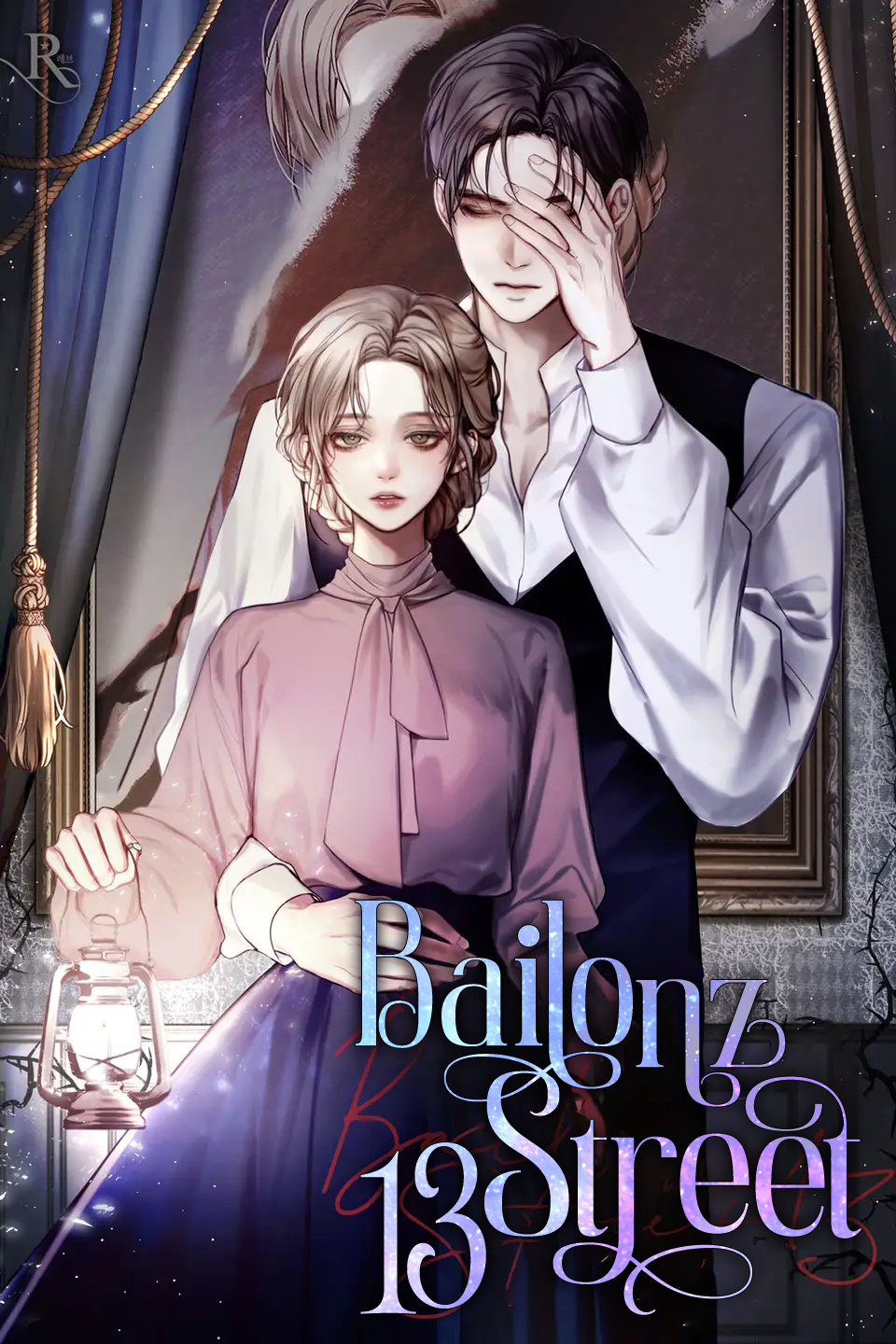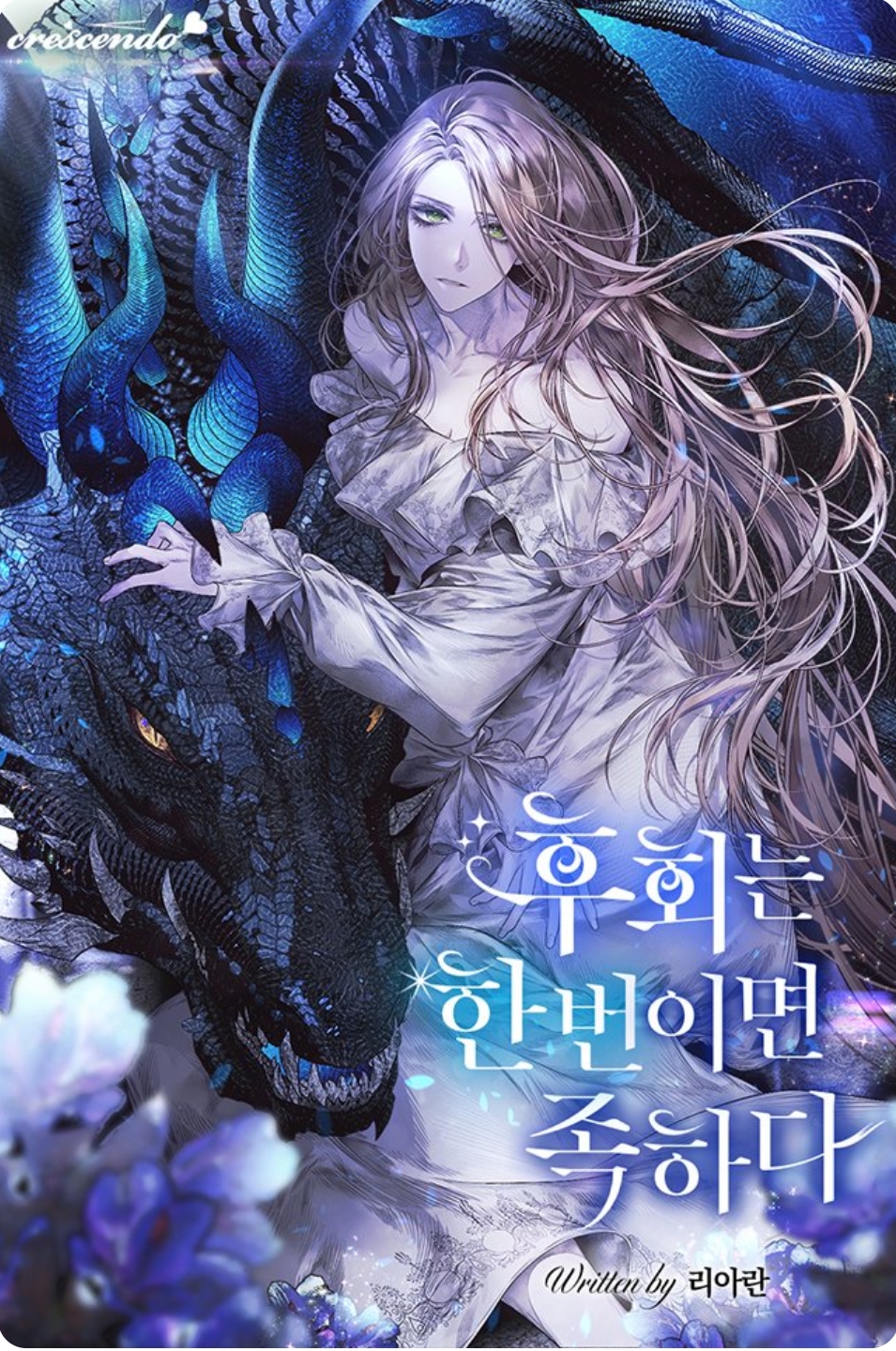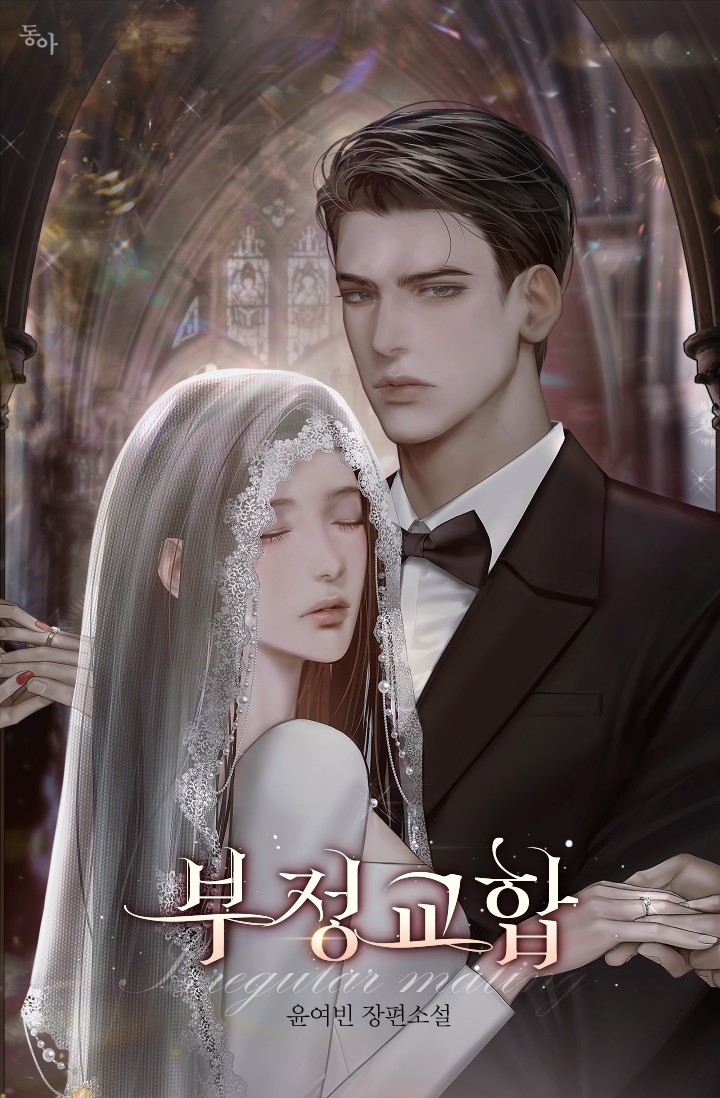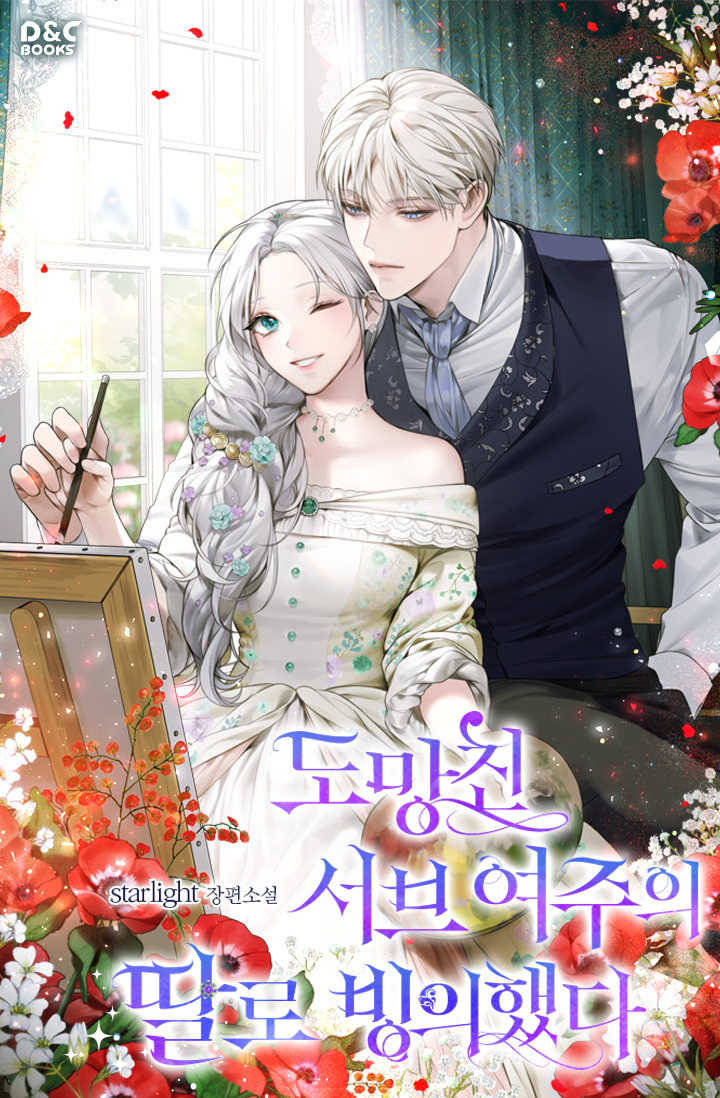Chapter 5
A sudden thought struck her, and Elizabeth flinched.
In truth, she didn’t know much about Cassion at all.
All she had heard was this: five years from now, the Duke of Cassion would die during a monster hunt in the Pereira Forest.
The following year, when a sudden and catastrophic monster outbreak erupted, the ducal house of Cassion failed to withstand it and collapsed.
After losing all of Cassion—the duchy’s territory—to the monsters, all she knew was that only the duchess, who was an imperial princess, and the heir barely managed to escape to the imperial capital.
Even that much, she hadn’t learned directly, but only while gathering scraps of information about her greatest enemy, Emperor Enrique.
At the time when House Cassion was destroyed, Elizabeth had been nothing more than a cast-out princess, stripped of her claim to the throne.
She had neither the power nor the luxury to cast her gaze beyond her kingdom’s borders.
Still, the fall of Cassion had intrigued her.
‘The fall of Cassion dealt a far heavier blow to the Frank Empire than anyone expected.’
Thanks to that, her own kingdom of Castillo had reaped the benefit. The empire’s northern lands had been left in utter ruin.
Once, she had even toyed with the idea of fanning those flames of chaos.
But it had been far too early, and the distance made it impossible to gather reliable intelligence. In the end, she had no choice but to abandon the thought.
Even so, had it not been for Cassion’s downfall, Enrique’s armies would surely have marched on Castillo during the bitter civil war against her uncle, King Cornwall I.
But because of that collapse, the empire had been forced to turn all its strength northward, holding the monsters at bay. They had no room left to concern themselves with Castillo in the south.
Thus, Elizabeth was able to recover her kingdom once the civil war was over.
‘And back then, I even managed to sweep up plenty of skilled mercenaries and slaves among the Cassion refugees.’
The destruction of Cassion had been nothing but advantageous for her.
It was precisely because she knew the family would crumble at the right time that she had chosen the Duke of Cassion as her husband.
After all, in the chaos of a ruined house—its lands lost, its duchess vanished—who would dare question the disappearance of a single woman?
And yet… this was still House Cassion. A ducal line, and once even a kingdom in its own right.
Could such a house truly collapse solely because its duke died?
Elizabeth had long assumed that Cassion must already be rotten to the core.
But now—
No matter how she looked at it, the ducal castle before her eyes was simply too shabby.
‘At this rate, it won’t even last five years. That would be troublesome…’
At the very least, she needed it to endure until she turned sixteen—if not until eighteen, the proper age of adulthood.
Only then could she manage to live on her own.
For several days, Elizabeth wrestled with the matter in all seriousness. But soon, she dismissed the worry with a shake of her head.
‘Well, they say even a ruined noble house survives for three years. If things get truly desperate, I’ll think about it then…’
Three years, five years—so long as the house didn’t collapse right this moment, she had no complaints. After all, she had come here knowing it was destined to fall.
For now, all that mattered was that she had three meals a day and wasn’t constantly pestered.
Her last life might have ended as Empress of the Empire, but that didn’t mean her every life had been one of glittering splendor.
Hardship had always found her in one form or another. She had even endured far worse than this once upon a time.
Compared to that, she was confident she could last five years here without much difficulty.
With that, Elizabeth quickly banished her shocking first impression of the castle from her mind.
Instead, she began to enjoy the life it offered—far more comfortable than she had expected.
Her days soon fell into a simple rhythm.
She would rise late, enjoy breakfast in her chambers, then stroll to the library, which befit the long and storied history of the ducal house with its staggering collection of books.
The library’s sheer number of volumes was impressive—but poorly managed.
Not only were the shelves crammed, but books were strewn haphazardly across the floor.
‘This is supposed to be a library?’
At first, she was dumbfounded by the mess. But in time, she found herself growing fond of it.
‘There’s no one here. No one pays it the slightest attention.’
She would spread a blanket over the worn sofa, lie down, and pick up whatever book her hand happened to brush against.
There was no longer any need to be tested on whether she fully understood its contents, nor to force herself through dull, scholarly volumes carefully curated by experts in a desperate bid to cram knowledge into limited hours.
Now, Elizabeth delighted in the freedom of reading whatever she wanted, as much or as little as she pleased.
And that wasn’t the only change.
Even when it came to clothes, she no longer had to agonize over choices.
There had been a time when every decision mattered—what color to wear, which jewels to display, how her hair should be styled.
Even the color and shape of her undergarments had once been chosen with meticulous care, each detail carrying hidden meaning or political nuance.
Her personal taste and mood had never been considered.
It had always depended on the people she was to meet, the gatherings she was to attend, the message she was expected to convey.
What did it matter if her gowns were made of fabric so precious that it took thirty years of painstaking work to create just one bolt?
‘They were uncomfortable, and I never liked them anyway.’
But things in Cassion were different. Each morning, the maids presented her with no more than three or four dresses at most.
Compared to the torment of choosing from dozens of options, each explained in detail, simply picking one from three was hardly a burden.
It was the same with her hair ornaments. The so-called heirlooms of the duchess, passed down through generations, were fewer in number than the trousseau she herself had brought.
Occasionally, the maids would shyly suggest they had devised a “new hairstyle.” All she had to do was nod.
Watching them wrestle with her hair, twisting and turning as they experimented with their ideas, proved more entertaining than she had expected.
Some would even tear up, apologizing for making her sit so long.
But what was an hour, compared to the days when a single proper dressing had taken up half of her day? It was no more trouble than sipping lukewarm soup.
The end results of those hairstyling experiments were, in her eyes, nothing short of disastrous.
But since she had never held any real expectations to begin with, she felt no disappointment.
If anything, she simply came away with the realization: ‘Well, their hands are about as delicate as a bear’s paw.’
Her life in Cassion turned out to be far better than what she had imagined.
Or perhaps it was only because she had expected absolutely nothing that she found it so satisfying.
But while Elizabeth was enjoying this unexpectedly pleasant life, the household staff of the ducal castle were steeped in worry.
And the cause of their unease was none other than Elizabeth herself.
Back when she had first laid eyes on the shabby castle and failed to hide her shock, the people of Cassion, too, had been utterly stunned—though for the opposite reason.
“Good heavens. Is that… a person?”
“Looks more like a doll. Did His Grace really bring back a fairy from the Southern Great Forest?”
“Don’t be ridiculous.”
“But wasn’t she supposed to be twelve? That one’s no twelve-year-old. Eight at best? Honestly, she looks about the same size as my six-year-old.”
“Well, you know how big our folk grow. But still… do they really not feed people in Castillo?”
“Of course they do. Didn’t you see the dowry procession? The royal family’s filthy rich.”
“But she’s a princess, isn’t she? Then why is she like that?”
By the standards of the Cassion people—renowned across the continent for their towering builds—Elizabeth was small. Far too small.
And when word spread that she had been robbed of her rightful throne by her uncle and driven out, everyone drew the same conclusion:
“She must have been mistreated in Castillo. Poor thing probably never got a proper meal in her life.”
Her habitual lack of enthusiasm didn’t help.
To every question, she would reply only with short answers like “It’s fine,” “Yes,” or “Alright.” That only fueled the servants’ growing misconceptions.
“Heavens above. If even a princess—an only princess no less—was raised so meek and timid, how badly must she have been treated?”
“Exactly. If she’d just raise her voice once in a while, like that lively imperial princess who visited last year, I’d die without regrets.”
“That’s what I’m saying. But no, she just buries herself in the library all day…”
“And they say she barely eats.”
“The head chef keeps trying this and that, but sigh…”
“Well, can you blame her? Someone that gentle, suddenly torn from her home and cast alone into a distant foreign land… of course she must be lonely and suffering.”
“You think so?”
“I’d bet on it. Even if she were hurting, she probably couldn’t bring herself to say so.”
“Ah, it breaks my heart, truly.”
Thus, the servants busied themselves with constant concern for Elizabeth.
At the forefront of their quiet worry stood two sisters, Jessie and Elin—appointed as her personal maids.
“Madam,” Jessie said one afternoon.
“Yes, Jessie? What is it?”
“Today as well…she left food on her plate.”
Jessie’s voice trembled as she held out the tray.
Lady Abellan, head of the maids, looked down at it, her brows knitting tightly together.
“Sigh… so she’s left this much again today? Couldn’t you coax her to eat more while you were at her side?”
“I did. But she insisted she was full…”
“She didn’t touch the meat, nor the fruit… What on earth is our lady—”
“Do you think she really survives on dew like in those fairy tales?”
At Elin’s childish nonsense, Jessie clenched her fist and gave her sister a good thump.
“Don’t talk nonsense.”
By the standards of Cassion folk, Elizabeth’s portions were far, far too small.
The general consensus among the castle staff had already solidified: her small frame at the age of twelve was the direct result of chronic undernourishment.
Some even began whispering fears that the lady might collapse one of these days.
The castle’s head chef tried every trick he knew, but to no avail.
“Perhaps the food doesn’t suit her taste?”
“I’ve done my utmost…”
“Shall we try to find cooks who know southern cuisine?”
“Better to hire someone than rely on recipes from books, perhaps.”
In truth, the servants’ suspicions about Elizabeth’s eating habits were only half right.
In Castillo, the so-called Great Witches were those who bore the bloodline of the first queen.
Though now more legend than fact, it was said that the first witch had been the daughter of the Fairy Queen herself.
Whether true or not, witches across generations had always been notably smaller in stature and strikingly beautiful compared to ordinary folk.
And Elizabeth, to emphasize her witch’s lineage in her many repeated lives, had always restricted her meals, carefully curating her appearance.
So yes—her unusually small frame was indeed the result of her lifelong restraint in eating.
But no—it was not, as the servants believed, because King Cornwall I had starved and abused her.
In this life, she had no real reason to keep herself so slight, yet a habit ingrained over countless years could not simply vanish overnight.
The problem was that even Elizabeth herself didn’t realize she was eating far less than she should.
Meanwhile, Cornwall I continued to unwittingly amass yet another layer of ill repute for imagined cruelties he had never actually committed.
At last, the issue of Elizabeth’s diet traveled from the kitchen to the head maid, then to the butler—until finally, it reached Clayton himself.
“There’s a problem with Elizabeth?”





